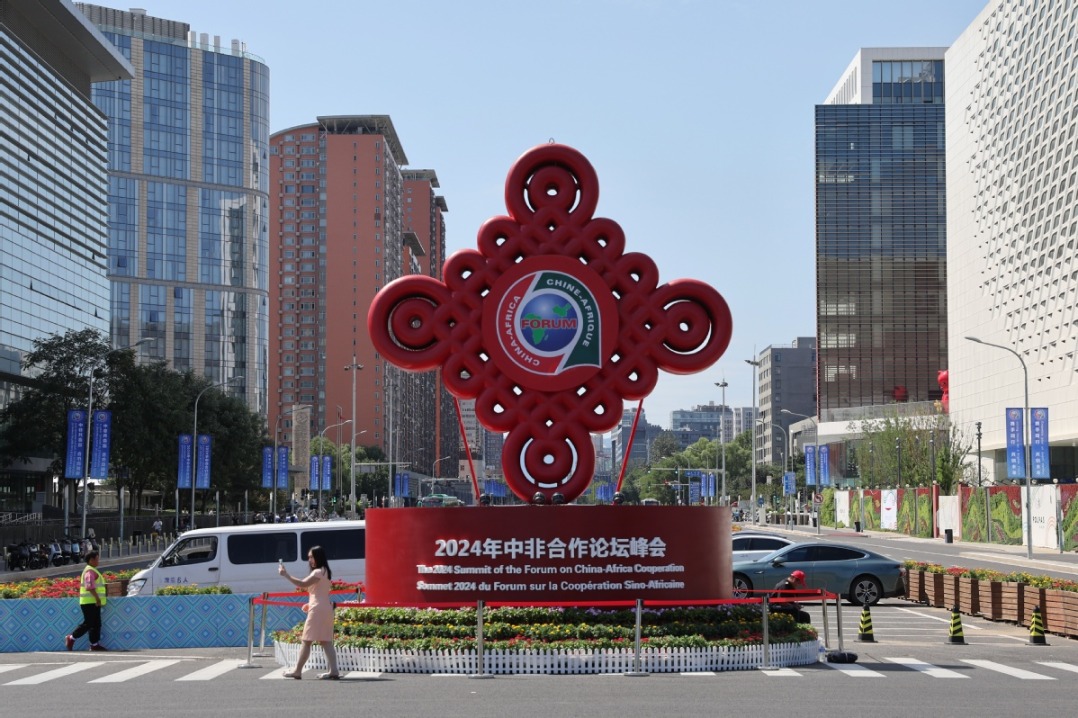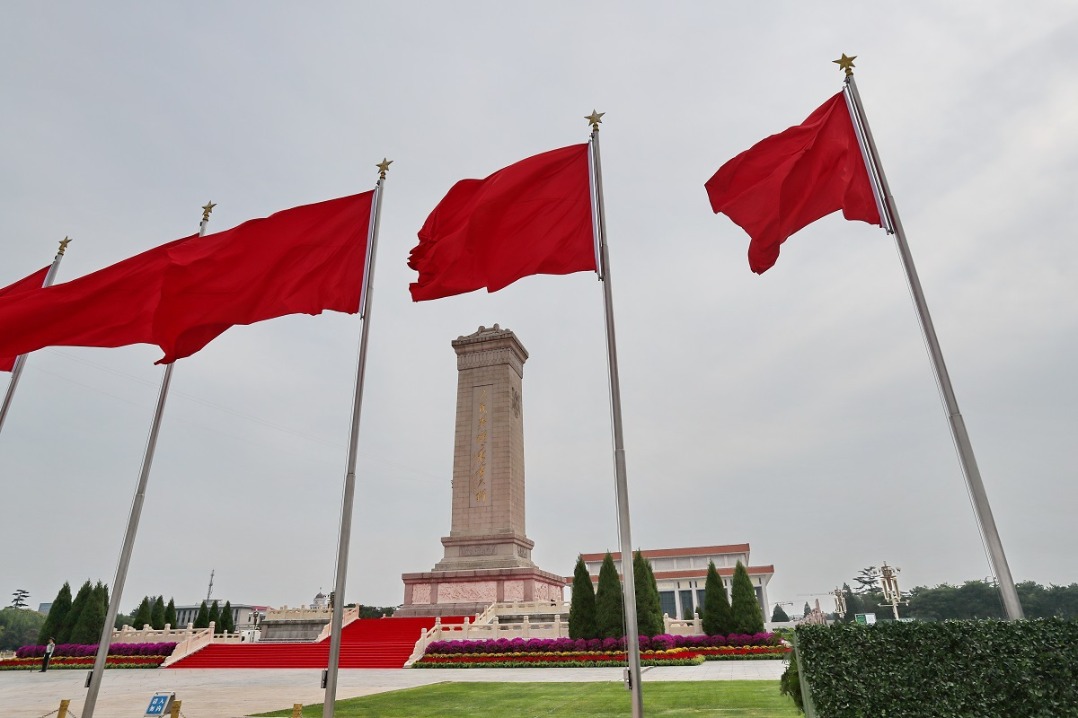Metaverse expected to rapidly grow within China
By Qiu Quanlin in Guangzhou | chinadaily.com.cn | Updated: 2024-09-06 14:25

China's metaverse-related industry is expected to grow fast in the next three years, thanks to continuing maturity and the application of key technologies including 5G, artificial intelligence, blockchain, cloud computing and virtual reality, according to an industrial report.
"Whether it's entertainment, social media, online education, telecommuting, or digital marketing, the metaverse can offer entirely new experiences and models in the years ahead," said Rupert Hoogewerf, chairman and chief researcher of Hurun Report.
Hoogewerf made the remarks after the Hurun Research Institute released a ranking report of 200 Chinese companies with the greatest potential in the metaverse in 2024 in Nansha district of Guangzhou, the capital of Guangdong province, in late August.
"The metaverse is considered a strategic emerging industry and will accelerate the promotion of Nansha to become an innovation highland and emerging industry incubation highland in the Guangdong-Hong Kong-Macao Greater Bay Area," said Hoogewerf.
The report refers to companies based in the Chinese mainland, Hong Kong, Macao and Taiwan. For the main list, companies considered have a value of $1 billion or more.
"There has been a clear trend of metaverse-related businesses in the past three years, especially in the fields of education, finance, tourism and healthcare," said Hoogewerf.
Technology giant Huawei tops the list with the greatest potential in the metaverse for the first time, followed by Alibaba, Baidu, China Telecom and China Mobile.
Beijing; Shanghai; and Shenzhen, Guangdong province, accounted for more than half of the total, with Beijing leading with 57 of Hurun's China metaverse 200 list, Shanghai 35, Shenzhen 29 and Guangzhou 15.
Metaverse, deemed as next-generation internet, is going to change production and human life in a profound way and advance the development of future industry, according to the report.
The metaverse involves the formulation of technical standards, the construction of platforms, the optimization of user experience and the improvement of laws and regulations, according to Hoogewerf.
"These are not achieved overnight, but need to be achieved through continuous progress, as the development of the metaverse is not the single fight of a certain technology, but the co-evolution of technology clusters," he said.
























